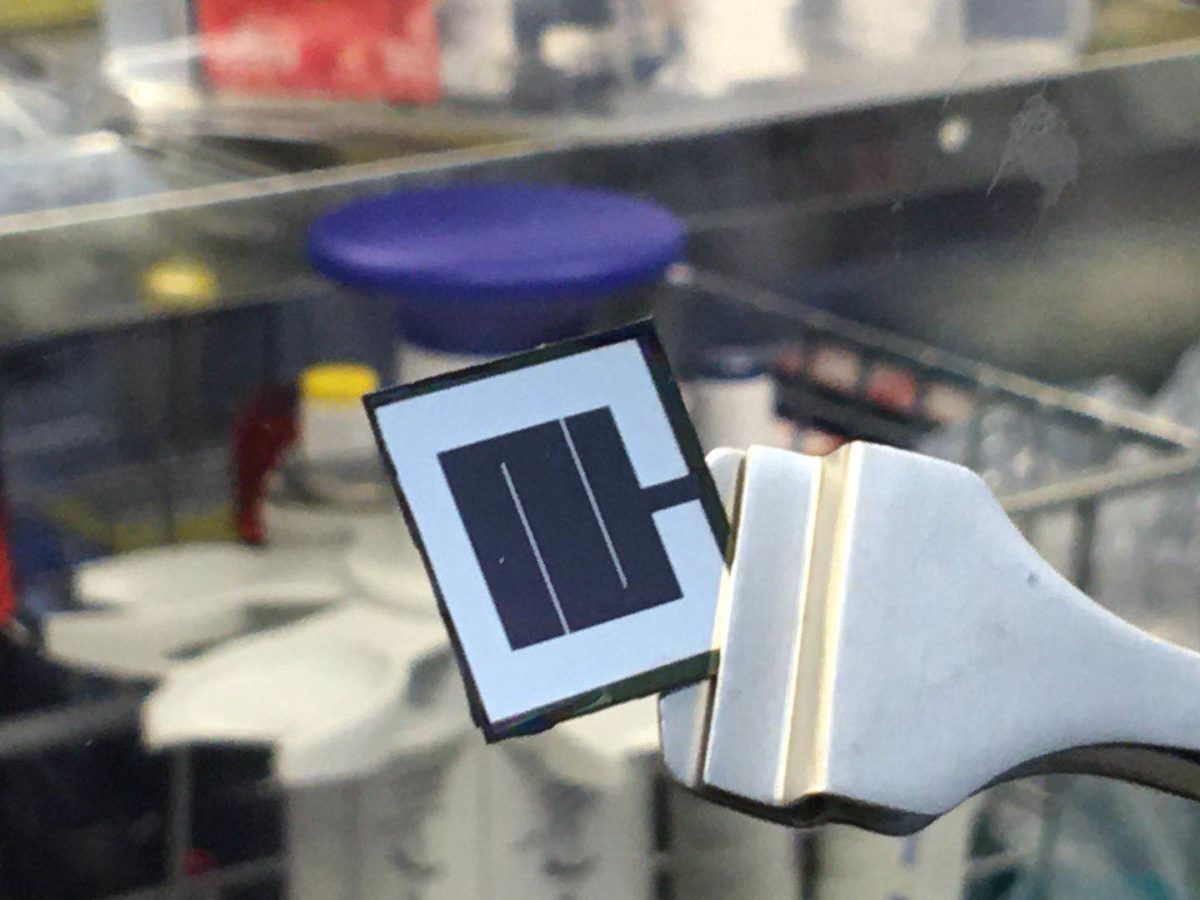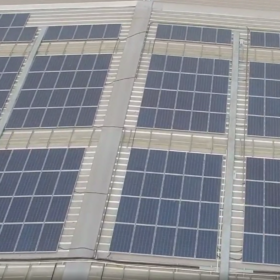The national Department of Science & Technology has published the list of solar and energy storage projects which will be carried out by Indian and Israeli researchers thanks to a two-year joint funding program by the two nations.
Solar-related topics selected include novel electron and hole transport materials for perovskite solar cells, by the CSIR Indian Institute of Chemical Technology, Hyderabad and the Hebrew University of Jerusalem; and mixed-dimensional and hybrid bi-layered perovskites for high-stability, high-efficiency photovoltaic devices, by the CSIR National Institute for Interdisciplinary Science and Technology, Kerala, and the Technion Israel Institute of Technology, based in Haifa.
Perovskites
Research into a halide perovskite-based photo-anode for oxygen evolution reaction – by IIT Bhillai, Chhattisgarh and the Ben-Gurion University of the Negev, in Beersheba – will be supported; as will a study of the deposition of metal oxides on halide perovskites for PV cells, by IIT Bombay and Bar Ilan University, in Ramat Gan; and research into mono and bimetalic complexes for energy-relevant photocatalysis, by IIT Kanpur and the Technion-Israel Institute.
Researchers at the CSIR-Central Electrochemical Research Institute, Tamil Nadu and Tel Aviv University, will study low-cost, stable lithium-sulfur batteries for solar energy storage and another group, from IIT Bombay and Bar Ilan University, will examine tuning of solid electrolytes for efficient solid state lithium-ion batteries.
The announcement of the initiative prompted 54 research proposals seeking funding. Projects were shortlisted based on their scientific strength, technical aspects, project objectives, and national priorities.
This content is protected by copyright and may not be reused. If you want to cooperate with us and would like to reuse some of our content, please contact: editors@pv-magazine.com.









5 comments
By submitting this form you agree to pv magazine using your data for the purposes of publishing your comment.
Your personal data will only be disclosed or otherwise transmitted to third parties for the purposes of spam filtering or if this is necessary for technical maintenance of the website. Any other transfer to third parties will not take place unless this is justified on the basis of applicable data protection regulations or if pv magazine is legally obliged to do so.
You may revoke this consent at any time with effect for the future, in which case your personal data will be deleted immediately. Otherwise, your data will be deleted if pv magazine has processed your request or the purpose of data storage is fulfilled.
Further information on data privacy can be found in our Data Protection Policy.